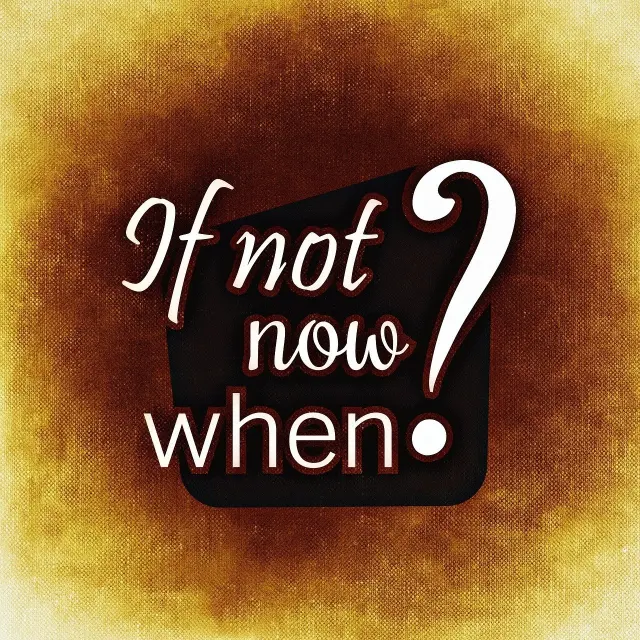What is coaching? - A comprehensive guide to the world of coaching
A coaching is becoming increasingly popular today, especially in the fields of personal development, corporate training and life coaching. But what is coaching and how can it help individuals and organisations develop? In this article, we will go into more detail about what coaching is, how it works and why you might want to consider coaching in your personal or professional life.

What is coaching?
Coaching is a process designed to support individuals or groups in achieving their goals, developing their skills and solving their problems. Coaching is a process of coach (i.e. the trainer) does not give specific advice or instructions, but helps the coachee (the client) to find his/her own solutions and resources by asking questions, giving feedback and using different techniques.
Types of coaching
Multiple coaching which serve different purposes. Some of the most common types are:
- Life coaching: Life coaching focuses on different areas of personal life, such as career, health, relationships and self-development. Life coaching coach helps the coachee to identify and achieve his/her own goals and to find a balance between different areas of life.
- Business coaching: Business coaching focuses on professional life. It can help managers and employees to develop their leadership skills. their skills, improve their performance and deal more effectively with workplace challenges.
- Career coaching: Career coaching helps individuals to plan and develop their careers. This can include developing job search strategies, increasing job satisfaction and supporting career change.
- executive coaching: Executive coaching is designed for senior managers to develop leadership skills, strengthen strategic thinking and increase organisational effectiveness. Executive coaches help leaders improve decision-making, communication and organisational culture.
- Sales coaching: Sales coaching aims to improve the performance of sales professionals. From sales coach helps you develop sales techniques, strengthen customer relationships and achieve sales targets.
- Health coaching: Health coaching focuses on developing and maintaining a healthy lifestyle. A health coach can help you change your diet, exercise and lifestyle habits.
How does coaching work?
The coaching process usually consists of several steps, which include:
- Objective: The first step is to define the objectives. A coach and coachee work together to clearly define what the coachee wants to achieve.
- Explore: The coach helps the coachee to identify his/her current situation, strengths, weaknesses and available resources. This process allows the coachee to better understand himself/herself and the factors that influence the achievement of his/her goals.
- Developing a strategy: Once the goals and the current situation have been clarified, the coach helps the coachee to develop a strategy to achieve the goals. This may include specific steps, activities and timeframes.
- Realisation: The coachee starts to implement the developed strategy while the coach provides support and feedback. During the coaching process, the coach helps the coachee to maintain motivation and to deal with possible obstacles.
- Evaluation and feedback: During the coaching process, regular evaluations are carried out to assess progress and modify the strategy if necessary. Feedback helps the coachee to recognise progress and identify opportunities for further improvement.

Why choose coaching?
There are many reasons why you should choose coaching, whether for personal or professional purposes:
- Personal development: Coaching helps individuals to get to know themselves better, develop their skills and achieve their personal goals. Increasing self-awareness and harnessing strengths can contribute to to increase self-confidence and successful for your lifestyle.
- Career development: Business, executive and career coaching can help with professional development, in developing leadership skills and in dealing effectively with challenges in the workplace. Coaching can support you in planning your career path and in achieving career goals is.
- Healthy lifestyle: Health coaching helps individuals to develop and maintain a healthier lifestyle. The support of a health coach can help improve eating habits, increase exercise and develop healthy habits.
- Problem solving: Coaching can be an effective tool for problem solving. The coach helps the coachee to identify and address obstacles and develop strategies to solve them.
- Motivation and commitment: Throughout the coaching process, the coach constantly supports and motivates the coachee, which can contribute to the achievement of goals and successful performance. Increasing engagement and maintaining commitment to goals is key in coaching.
The impact of coaching
Numerous studies and research show that coaching has a positive impact on the lives of individuals and organisations. Coaching can improve performance, increase motivation and promote personal and professional development. professional development. Coaching helps individuals and groups to better understand themselves, develop their skills and achieve their goals.
Summary
Coaching is an effective and versatile method, which supports the development of individuals and organisations. Whether you want to achieve personal or professional goals, the coaching can help you with self-awareness to improve skills and solve problems. If you are interested in coaching, you should consider trying this method and experiencing its positive effects in your own life.










